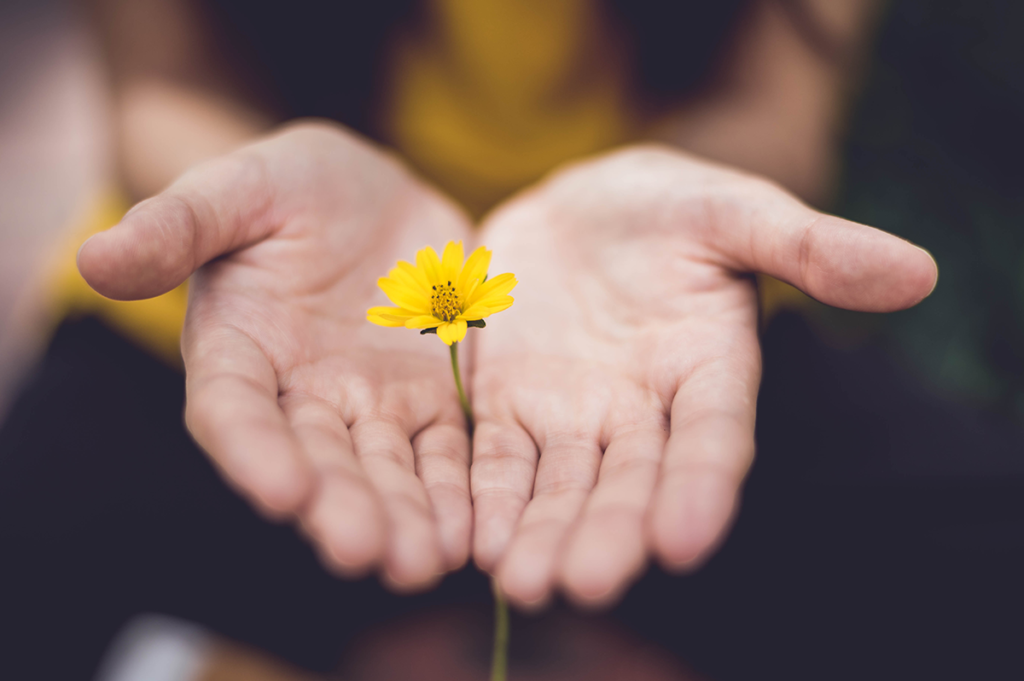“Peace can become a lens through which you see the world. Be it. Live it. Radiate it out. Peace is an inside job.” – Wayne Dyer
Let’s start with a few baseline questions. Are you impatient? Are you angry? Do you like yourself?
Whatever your feelings, they are not unusual. They are part of your grieving process. Truth is, these feelings, including anger, can be positive and useful emotions if acknowledged and expressed appropriately. On the other hand, if anger or any emotion is repressed it may lead to various health issues, such as high blood pressure, or weaken your immune system.

Recognizing your anger and making some small changes to communicate differently may help you like yourself again. It’s very likely other people will communicate with you differently if you do.
Anger can lead to changed behavior. For example, are you:
- Impatient with yourself?
- Impatient with others?
- Feeling tense, even uptight?
- Picking on what others say?
- Feeling you want to leave and be alone?
These are all normal feelings associated with grief. Perhaps you are aware that these impatient and angry feelings happen more often than you are comfortable with.
Recognizing your feelings is a crucial first step, but then — what should you do? First, start by calming down. Worrying and feeling anxious can make you more angry. What’s more, anger is linked to depression. Feeling that you just want to be left alone is a sign of some depression.
Often these feelings are related to fear of of the future. At a deeper level, they are fear of simply having feelings. Grief and fear are intertwined. Some feelings can be attributed to anticipation of special dates. Or the sense that you’re lost and no one understands.
Angry, impatient feelings also show up as a resistance to change. Did you just recoil at reading the word change?
Here are what some group members thought and said about change:
Allison simply cringed and talked about just wanting everything to be “normal again.” Yet, she knew that what was normal before her loved one died is not normal now. She knew that it was her heart that struggles with the grief and all the changes. It’s that heavy heart that seeks peace and the familiarity of what was. Resisting change is where the suffering and anger arises. Being aware of the present is part of the process of healing that allows you to accept the reality of what is. That is the task of healing.
Sidney came to be comfortable with less resisting and being present with what is now. He tried to keep reminding himself that by not fighting and resisting feelings he was more peaceful and much less angry.
What would it be like to begin to think of grief as a friend rather than an enemy? Grief is about your loved one. Can you see that by walking with grief you’re actually honoring your loved one? With this recognition, would you see your heart being comforted?
Grief is complicated and the process of acceptance is not easy. It’s not easy to accept the unacceptable. Sidney struggled and was able over time to accept that resistance created more suffering and struggling. He began to understand that anger was hurting him and his health. He wanted to have peace within the grief, so in essence he made friends with his grief. As with any friendship, though, disagreements arise, in this case around the idea of acceptance. Yet Sidney has agreed to disagree, and peace returns and ebbs and flows.
There is a challenge in this process, which is to notice the emotional seesaw between acceptance and the desire to have your old life back. When you do notice, that’s the time to acknowledge what is happening and ask yourself — What am I lacking to get to a peaceful place versus a state of suffering?
So, how about in this moment — yes right now, give a few seconds of time to yourself to know that you may be hurting, yet you are in a process that requires ups and downs, and sometimes gets emotionally messy. Take a moment and put your arms crosswise over your chest, and let yourself know that you are a friend to yourself, that grief is not an enemy and you are tending to yourself as a friend. In this moment tell yourself that sometimes you get angry at yourself, and you know it’s because you are grieving, which means that you may lose patience. Reassure yourself and know there is a light at the end of the tunnel, you just don’t know how long the tunnel is, and you are patient with that understanding. Now, take a nice easy comfortable breath, put your hands together on your lap, and thank yourself for taking care of yourself while you’re walking this journey.

